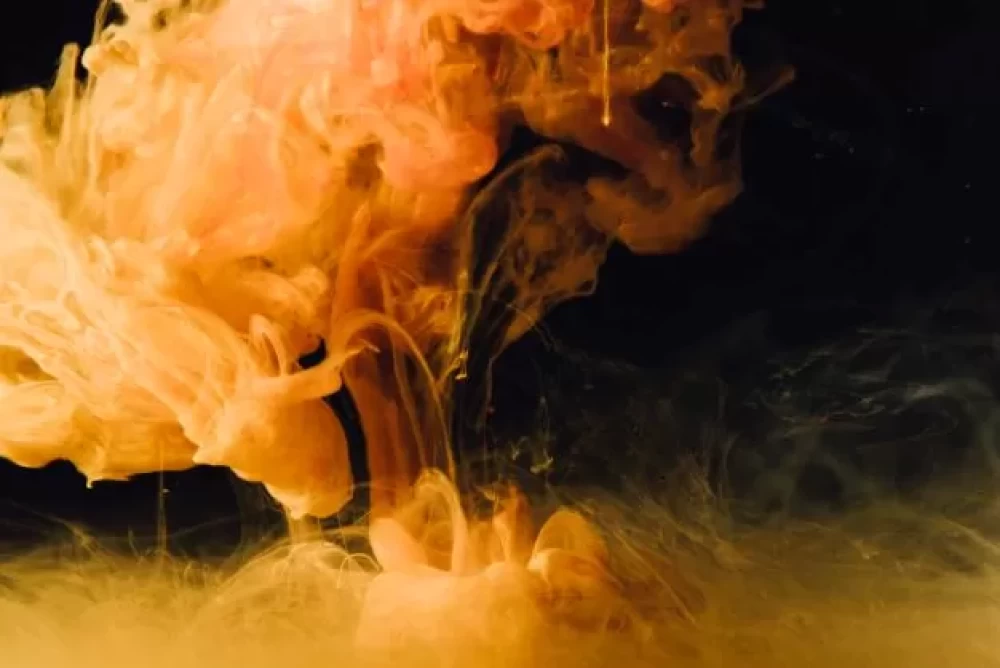
Guide To LEV Testing
If your business uses a fume extraction system, you’ve probably heard of an LEV test. But what exactly does LEV actually stand for, and what is LEV testing? In our comprehensive guide, we’ll explain all you need to know about LEV tests, from how they work to why they’re important to your business.
What does LEV stand for?
Firstly, it’s important to understand exactly what LEV means. Local Exhaust Ventilation (LEV) is a term used to describe the technology that extracts fumes, dust, gases and other airborne contaminants from the air.
LEV systems are crucial to maintaining a safe working environment. Without an effective fume extraction system in place, there is an increased risk to your company and your employees. Some examples of how LEV systems benefit your business include:
- Preventing corrosion or damage to your equipment, which can otherwise result in costly repairs, replacements and production downtime.
- Preventing respiratory issues ranging from mild lung irritation to cancerous diseases, leading to healthier and happier employees.
- Limiting your environmental impact and emissions
- An overall cleaner and more efficient working environment
What is the purpose of an LEV test?
The benefits of effective Local Exhaust Ventilation (LEV) help us understand the value and importance of regular LEV tests and inspections.
LEV tests legally must be performed at least every 14 months in order to maintain safe working conditions for employees, as stated in the Health and Safety Work Act 1974. The purpose of the test to ensure that your LEV equipment is working effectively, successfully removing harmful particles and vapours from the air. Failure to do so can result in serious repercussions, ranging from costly fines and invalid insurance to prosecution.
The LEV testing process
First and foremost, you must make sure that a competent individual is performing your LEV test per HSE Guidelines. At Purex, we’ve been producing and testing LEV systems for over 40 years, so you can trust us to perform a thorough and reliable LEV inspection.
- Visual Inspection: once the examiner has reviewed your logbook detailing your previous LEV tests, they will begin a visual inspection of your system. This will include inspecting filters, hoods and ducts to ensure they’re all operating effectively.
- System Testing: Next, the LEV engineer will thoroughly test your system components to ensure each element is in good working order. These tests will range from inspecting particle extraction rates to trailing alarm systems and identifying leakages.
- Report: Once all the testing is complete, you will receive a comprehensive report detailing the technical performance and effectiveness of your LEV system. At this time, the examiner will either confirm the system is fit for purpose or determine your LEV equipment isn’t operating in accordance with HSE guidance.
- Recommendations: Finally, you will be provided with a list of recommendations to improve your system efficiency. If your system has passed its LEV test, these suggestions won’t be mandatory, though they may improve your operational efficiency and increase the longevity of your system. Alternatively, if your system has failed its LEV test, you will need to action these recommendations before you can use your Local Exhaust Ventilation system again.
At Purex, we not only perform LEV Tests, but we can also install and service your LEV system. So, you can rest assured we’re on hand every step of the way, from supplying your fume extraction system to annual testing and enhancing your system.
What are COSHH regulations?
As mentioned previously, all LEV tests are performed in accordance with HSE (Health and Safety Executive). HSE provide COSHH regulations that specifically detail guidelines in regard to the exposure of dust, fumes and harmful gases in the workplace.
COSHH simultaneously aim to limit exposure to hazardous fumes and particles whilst providing preventative guidelines (Regulation 9) to maintain the effectiveness of your system.
At Purex, all our LEV services comply with COSHH regulations to ensure that your fume extraction equipment is operating effectively, increasing your operational efficiency to improve your staff safety and save your business time and money.
How to book your LEV test
Ready to book your LEV test? Enquire with us today and a member of our team will contact you to arrange an LEV test at your nearest convenience. Alternatively, you can visit our dedicated LEV service pages to learn more about LEV Tests, Services and Installations.
Latest insights
-

The Dangers of Grinding Dust and Particulate Matter
Grinding, cutting, fettling, and surface preparation are essential steps across metalworking, fabrication, aerospace, automotive, plastics and ma... Read more -

The Dangers of Flux Fumes in Electronics Assembly
Flux is an essential material in electronics assembly, helping to clean metal surfaces and ensure reliable solder joints. However, when flux is heated... Read more -

5 Signs Your Fume Extraction System Isn’t Working Effectively
and maintaining productivity. When systems begin to fail, the signs may be subtle at first, but ignoring them can lead to dangero... Read more
How Purex can help
We provide an excellent level of service and support, including our 24-hour technical support service and start-to-end projects. Get in touch with our expert team today to find out more.